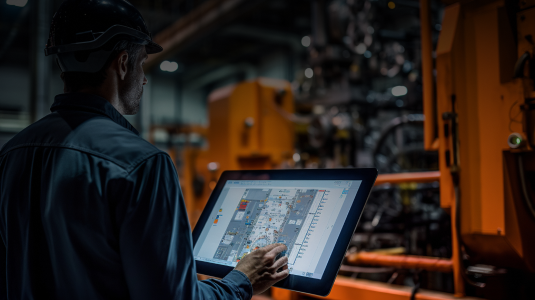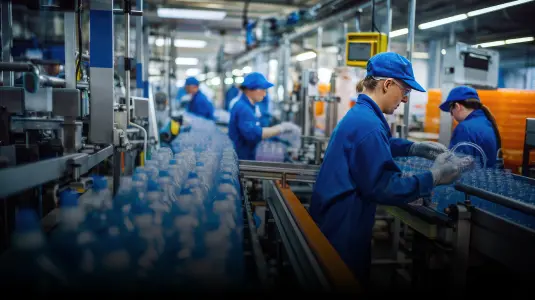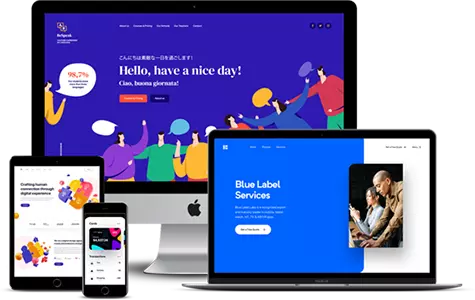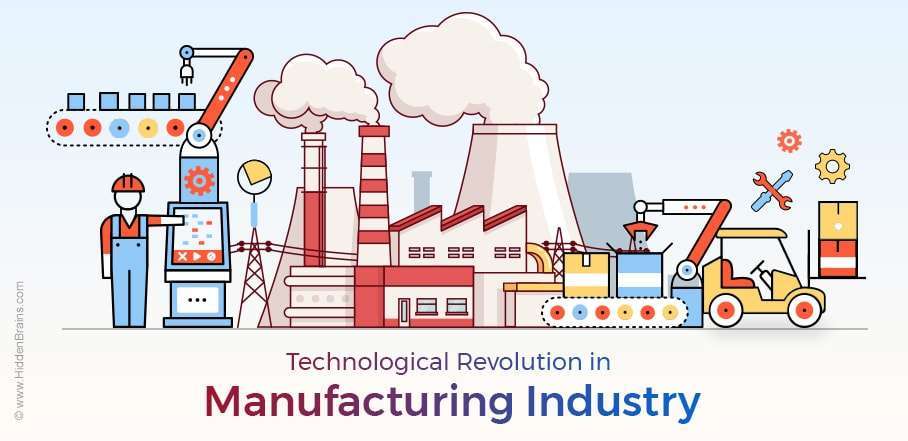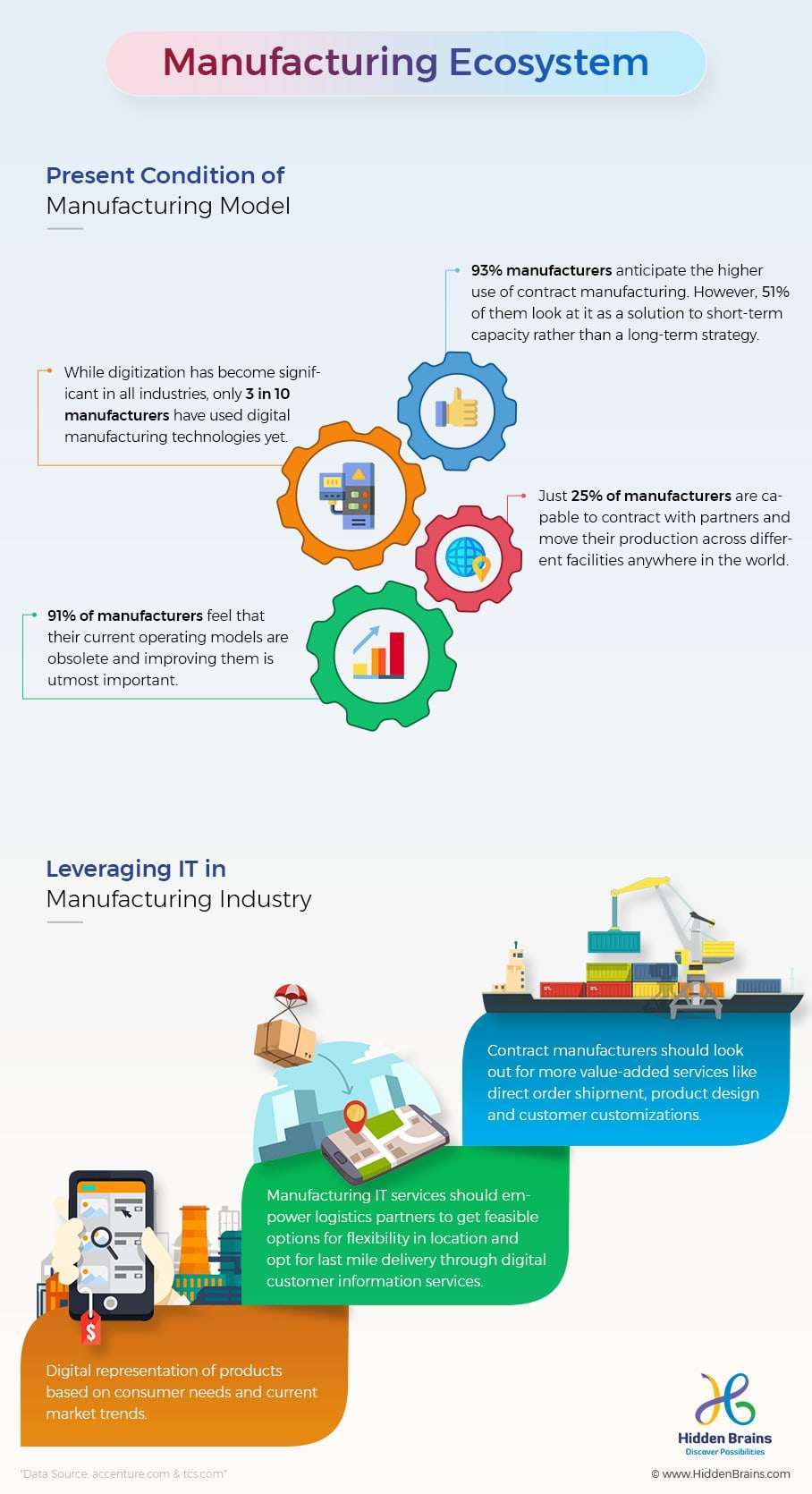Table of Contents
Manufacturing industry has struggled hard to live up to the expectation of end customers. Major challenge faced by manufacturing is to introduce technological change and evolve processes that directly respond to the needs of customers. Beyond mere selling of product, customers are now demanding for more product launches and next level of personalization through mobile apps for manufacturing industry.
Considering the dynamic nature and volatility of consumer market, manufacturers are expected to be ready with whatever is thrown to them. Manufacturers that plan to evolve in the coming years must have the ability to adapt quickly to capture the growth opportunities and gain the early bird advantage.
Manufacturers are in the dire need of technology-powered strategies that support the global ecosystem of suppliers, partners and customers. This strategy must align automatically with dynamic shifting of resources, current trends, market developments or changes in consumer demands.
Need of IT in Manufacturing Industry: Adopting New Technological Changes
The following infographic highlights the current state of manufacturing industry, the need for change and some surprising statistics related to this industry:
Copy the code to include this infographic “IIoT in Manufacturing” on your blog or page
<img class="aligncenter size-full wp-image-5046" src="https://console.hiddenbrains.com/blog/wp-content/uploads/2018/04/Technological-Revolution-Manufacturing-Industry-Infographic-min.jpg" alt="" width="908" height="1670" />
IIoT for Smart Manufacturing
We live in the digital age where everything is connected to each other for seamless communication. Industrial Internet of Things (IIoT) in manufacturing aims to establish a universe of intelligent products, processes and services that interact with each other over the Internet.
Manufacturing industry is completely revolutionized with the advent of IIoT that is changing the way manufacturers think about resource allocation, materials handling, production processes and the workforce. Experts predict that by 2030, IIoT optimized manufacturing processes could improve long-term growth of company as well as increase revenue by bringing manufacturing processes onshore.
Smart factories that are self-organized and fully automated are the near future. However, as of now, we can witness embedded sensors as the foundational block that would lead to complete automation in the coming years. The combination of Operational Technology (OT) and Information Technology (IT), these machines can be connected with management of production, logistics and enterprise planning systems. Such connected processes allow manufacturers to have timely and continuous visibility into the production process.
Key Factors Affecting Smart Production: Accelerating the Pace of Progress
Aligning OT and IT: In order to leverage the full advantage of intelligent technologies, manufacturers need to align processes, operations, planning and engineering for integrating processes as per the existing IT systems. Defining governance between OT and IT is necessary at the early stages of the manufacturing process.
Embracing New Changes: Adapting to new technological changes and revising their processes is essential to reap the benefits of IIoT. Infrastructure should be renovated to include smart devices that automate processes. IoT in combination with cloud would accelerate the delivery of new types of applications and add-on services.
Industrial Security Solutions: As the entire manufacturing system moves to open protocols and communicates over the internet, it becomes vital to look after the arising security concerns. Integration of OT and IT systems may put the manufacturing system to threat. As a result, it is required to put to use secured IT services in manufacturing industry that help in overall growth and even keep the systems safe from security threats.
Final Notes…
Hidden Brains, a leading mobile app development company helps manufacturers to merge technological solutions and business strategy and stay ahead in the race for innovation. We help manufacturers to understand a paradigm shift in consumer patterns and make them understand the current market demands. By putting to use IIoT solutions in manufacturing, we establish an integrated network that gives visibility of operations and facilitates seamless communication with partner and supply networks.





